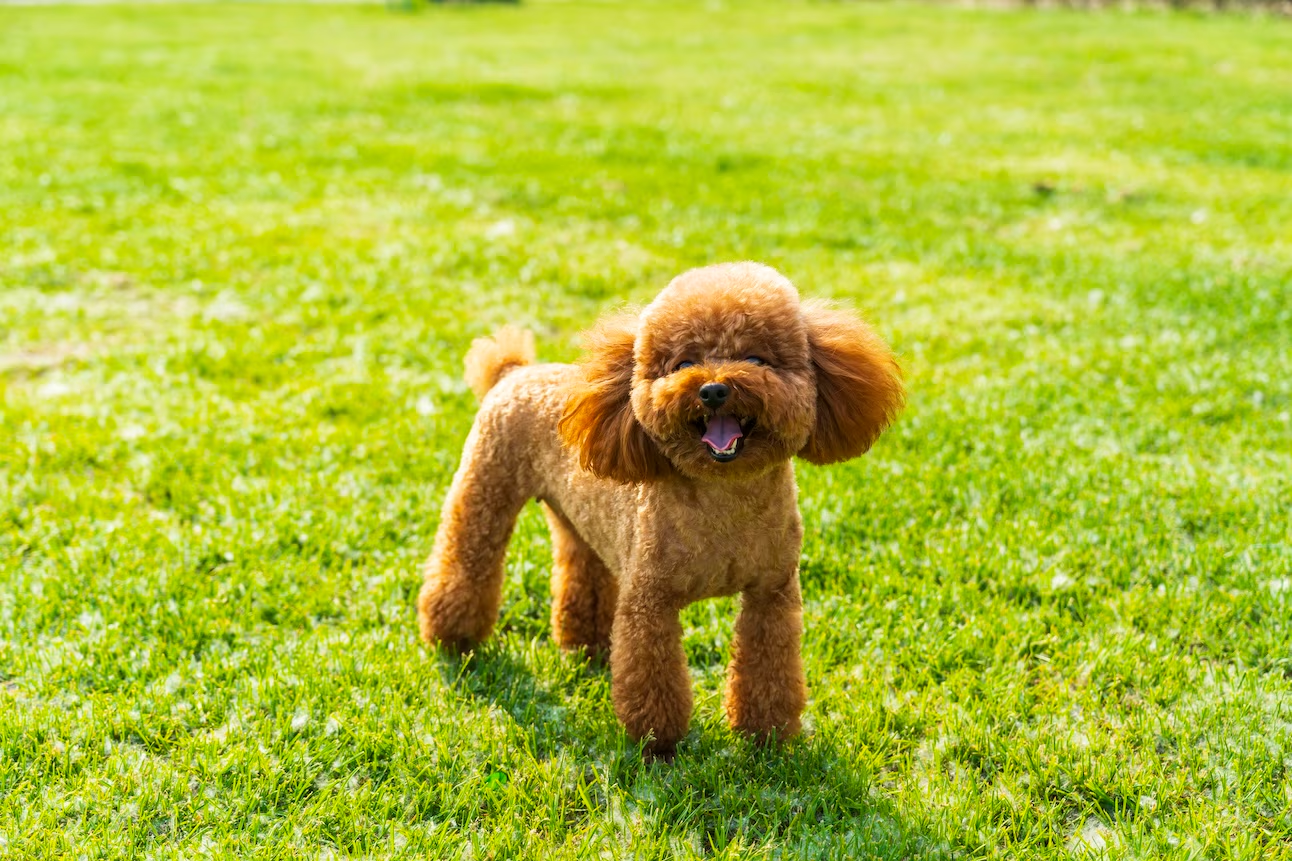The Ultimate Guide to the Boxer Dog: Characteristics, Training, Care, Pros and Cons, and Price
The Boxer is a well-loved breed known for its energetic personality, muscular build, and unshakable loyalty. Originally bred for hunting and working roles, the modern Boxer is now a beloved family companion. In this comprehensive guide, we’ll explore everything you need to know about Boxer dogs — including their temperament, care needs, training, price, and whether they’re right for your lifestyle.
1. Boxer Dog Overview
🐾 Breed Background
- Origin: Germany (19th century)
- Breed Group: Working Group
- Original Purpose: Hunting large game, guarding, and bull-baiting
- AKC Recognition: 1904
📏 Physical Characteristics
- Size: Medium to large
- Height: 21.5–25 inches (55–63.5 cm)
- Weight: 50–80 pounds (22–36 kg)
- Lifespan: 10–12 years
- Coat: Short, smooth, tight-fitting
- Common Colors: Fawn, brindle, with or without white markings
2. Boxer Personality & Temperament
Boxers are often described as the “Peter Pan” of the dog world due to their puppy-like behavior well into adulthood. Here are their key traits:
- Energetic: Requires regular activity and mental stimulation
- Playful & Fun-Loving: Great with kids, loves games and playtime
- Affectionate: Strong bond with family, often called “velcro dogs”
- Protective: Natural guardian instinct without being overly aggressive
- Alert & Intelligent: Quick learners but can be strong-willed
3. Boxer Dog Training Guide
Training a Boxer is rewarding, but it requires consistency and patience.
a) Start Early
- Begin training and socialization as early as 8 weeks old.
- Puppy classes are highly recommended.
b) Positive Reinforcement
- Boxers respond well to treats, praise, and play.
- Avoid harsh corrections — it can lead to stubbornness or anxiety.
c) Short, Fun Sessions
- Keep training sessions engaging and brief (10-15 mins).
- Use games and variety to hold their attention.
d) Key Commands to Teach
- Basic: Sit, Stay, Down, Come
- Safety: Leave It, Heel
- Optional: Fetch, High Five, Roll Over
e) Socialization
- Introduce to various people, pets, and environments.
- Helps reduce fear-based aggression and shyness.
4. Caring for a Boxer
Boxers are relatively low-maintenance in terms of grooming, but they require substantial exercise and attention.
🐕🦺 Exercise Requirements
- Minimum: 1–2 hours daily
- Ideal activities: running, agility training, fetch, long walks
- Lack of activity can lead to destructive behavior
🧼 Grooming
- Brush once a week to remove loose hairs and maintain shine
- Bath once every month or two (unless dirty)
- Clean ears regularly to avoid infection
- Nail trimming every 3–4 weeks
🍽️ Diet & Nutrition
- High-protein diet with healthy fats and moderate carbs
- Split meals into 2 servings per day to avoid bloat
- Avoid overfeeding — Boxers are prone to weight gain
🏥 Health Monitoring
Boxers are prone to certain health issues:
- Bloat (Gastric torsion)
- Hip dysplasia
- Cancer (especially mast cell tumors and lymphoma)
- Heart conditions (Boxer cardiomyopathy)
- Allergies and skin conditions
💡 Tip: Schedule annual vet checkups and consider pet insurance for peace of mind.
5. Pros and Cons of Boxer Dogs
✅ Pros:
- Highly loyal and protective
- Excellent with children and family
- Playful and entertaining personality
- Low grooming needs
- Intelligent and trainable
❌ Cons:
- Needs lots of exercise and attention
- Can be stubborn if not properly trained
- Prone to specific health issues
- Not ideal for apartment living (unless very active)
- Doesn’t tolerate long isolation well
6. Is a Boxer Right for You?
Boxers are best suited for:
- Active individuals or families
- Homes with yards
- People with time for training and play
- Owners willing to commit to early socialization
Not ideal for:
- Seniors looking for low-energy pets
- Households that leave dogs alone for long hours
- First-time dog owners not ready for energetic breeds
7. Boxer Dog Price & Ownership Costs
💰 Purchase Price (Estimated):
| Type | Price Range (USD) |
|---|---|
| Pet-quality Boxer | $800 – $1,500 |
| Show-quality/Champion lineage | $2,000 – $3,500+ |
| Rescue/Adoption | $150 – $500 |
Factors influencing price:
- Pedigree and bloodline
- Breeder reputation
- Location and demand
- Health screening and registration
📊 Annual Ownership Costs:
| Expense Category | Estimated Cost (USD/year) |
|---|---|
| Food & Treats | $400 – $700 |
| Veterinary Care | $300 – $800 |
| Grooming | $100 – $200 |
| Training | $200 – $500 |
| Toys & Supplies | $100 – $300 |
| Insurance & Emergencies | $200 – $500 |
| Total Estimate | $1,300 – $3,000+ |
8. Fun Facts About Boxers
- The Boxer name comes from their tendency to “punch” with their front paws while playing.
- Boxers were used as couriers during World Wars for their bravery.
- They often snore loudly and make expressive “talking” sounds.
- Boxers retain puppy-like behavior well into their senior years.
Conclusion
If you’re seeking a lively, affectionate, and loyal dog, the Boxer may be your perfect companion. They’re intelligent, family-friendly, and full of personality — but they do demand time, activity, and proper training. With commitment and love, a Boxer will return that love tenfold as a lifelong friend and protector.




